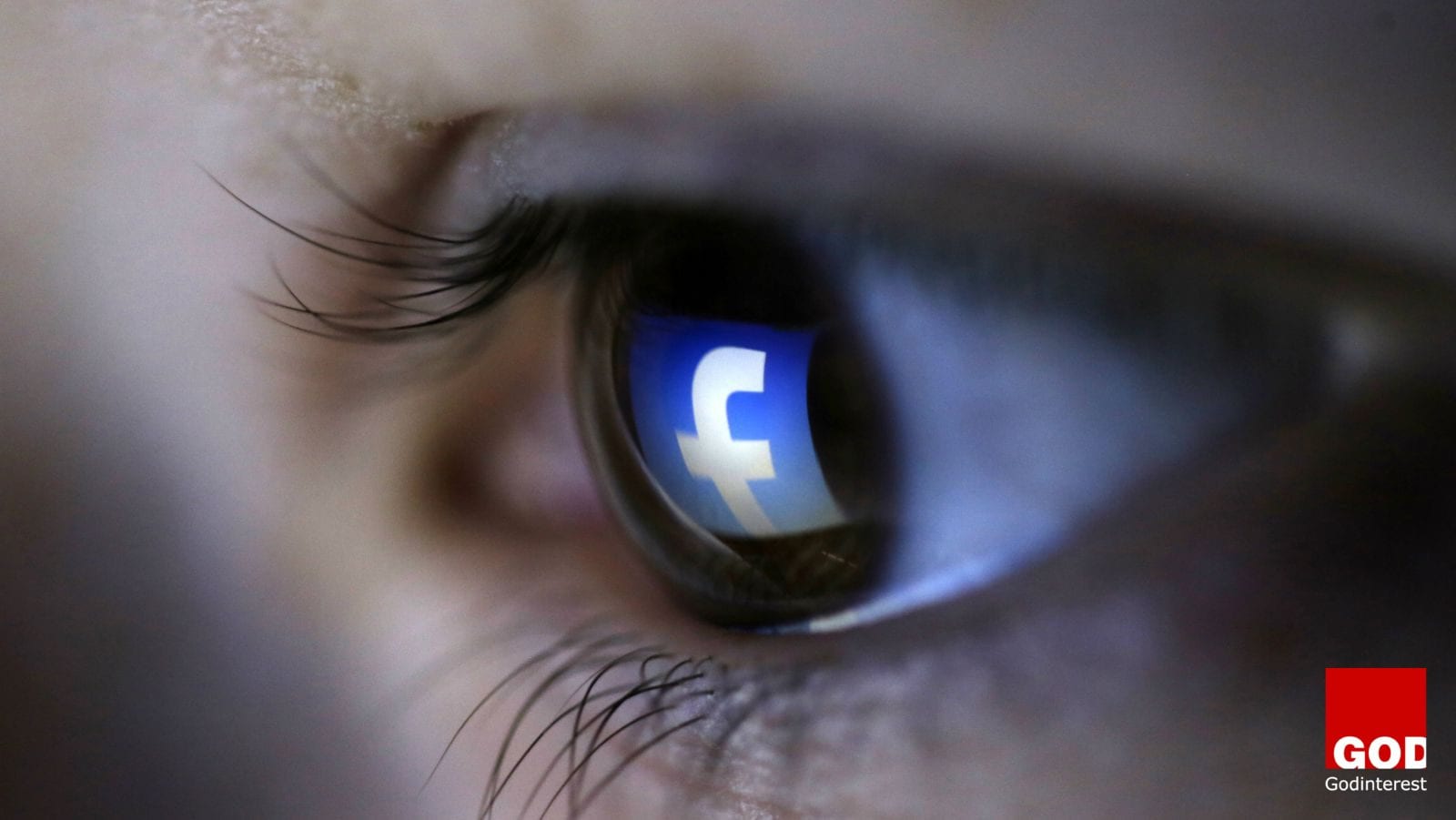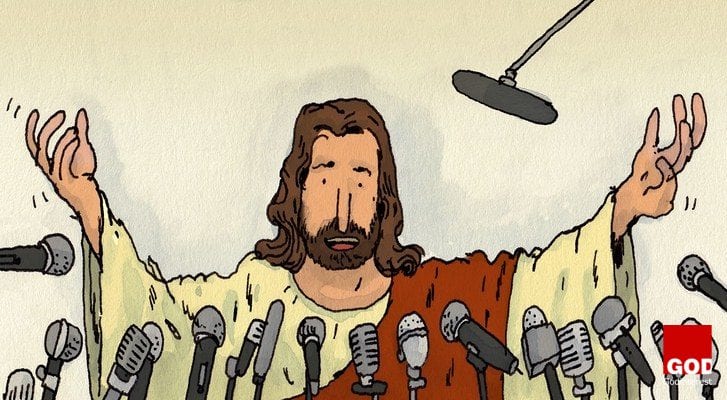Organ donation is the donation of biological tissue or an organ of the human body, from a living or dead person to a living recipient in need of a transplantation.
General misconceptions connected to Christianity and organ donation have made many people think that the act is prohibited by their religion when in reality, there little or no rules that actually prevent people from receiving blood transfusions or organ transplants.
Some religious denominations are against organ donation, but major religions by and large allow the act and even encourage it. Some profess that the teachings of Christianity and organ donation go hand in hand. However, within each religion there are different schools of thought, which means that views differ.
Heart and Lung Transplant Success After 2.5 Years.
It’s safe to say that most Anglican, Protestant and Catholic scholars agree that the organ donation is a beautiful selfless act.
Protestant denominations have given their seal of approval to organ donations. The Lutheran Church refereed to the act as manifestation of sacrificial love for people who are in need. The Presbyterian Church has encouraged its members to have Universal Donor Cards. The Seventh Day Adventist Church has a pediatric heart transplantation floor in its California hospital. Even the Amish, who have been seen to generally avoid modern technology, allow organ donation in order to help others.
The Church of England has declared that it is the duty of a Christian to donate one’s organs. But the church stated that there are different views on whether an opt-in system was proper.
We believe that Christianity and organ donation are entwined with each other as Christians we are taught to love our neighbours.
The Merit of Self-Sacrifice #Godinterest #Love #Jesus #Christian.
The Catholic Church has voiced out its support to donation. The late Pope John Paul II praised the work of transplant surgeons during an international conference in 2000, but he asked them to avoid transplants with stem cells. Former Pope Benedict XVI has announced that he is an organ donor.
The Church of Jesus Christ of Latter-day Saints and the Quakers do not object to the practice and leave it up to their members if they want to put up their organs for donation or have transplants.
Love one another is the most basic teaching of Christianity and we believe organ donation is one example of how you can apply it to your life.
Remember there is no greater love than to lay down one’s life for one’s friends. (John 15:13) Being an organ donor is the Christian way of showing you care for your neighbors.
Visual Journalism for a Cause: The Waiting List | the Visual Student.
Most would agree that nothing’ could possibly be worse than when a chance to donate an organ is missed because of a false belief that donation is prohibited.

Jesus Christ the Original Blood Donor.
Ever Thought of Jesus as a Blood Donor? For Ephesians 1.7 States “In Him We Have Redemption Through His Blood, the Forgiveness of Our Trespasses, According to the Riches of His Grace. Christians should be encouraged to help others in need and look upon organ donation as an act of love, and a way of following Jesus’ example.
Sacrifice and Helping Others Are Key Themes Across All Forms of Christianity, and Therefore a Decision to Donate Organs Is Seen as a Positive Thing.
Is organ donation prohibited by your religion? Do you agree with organ donation?







